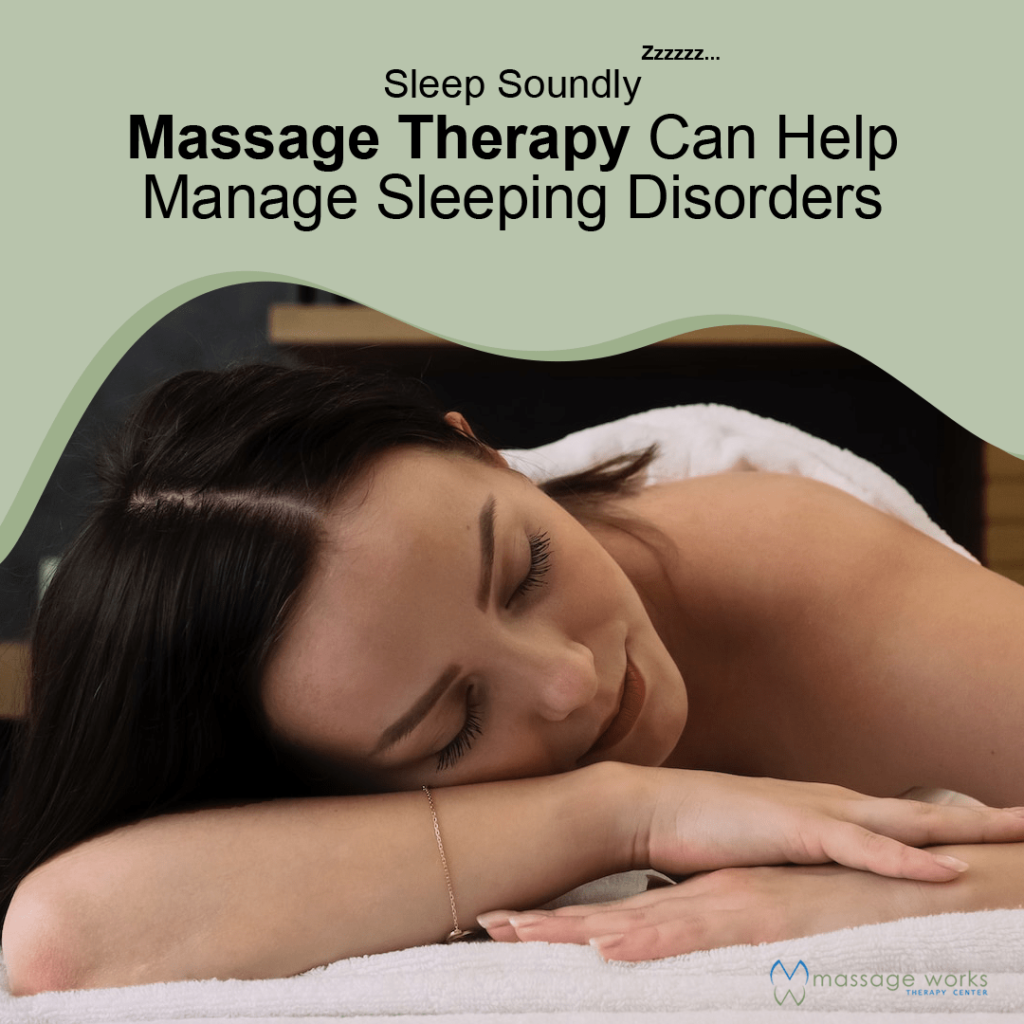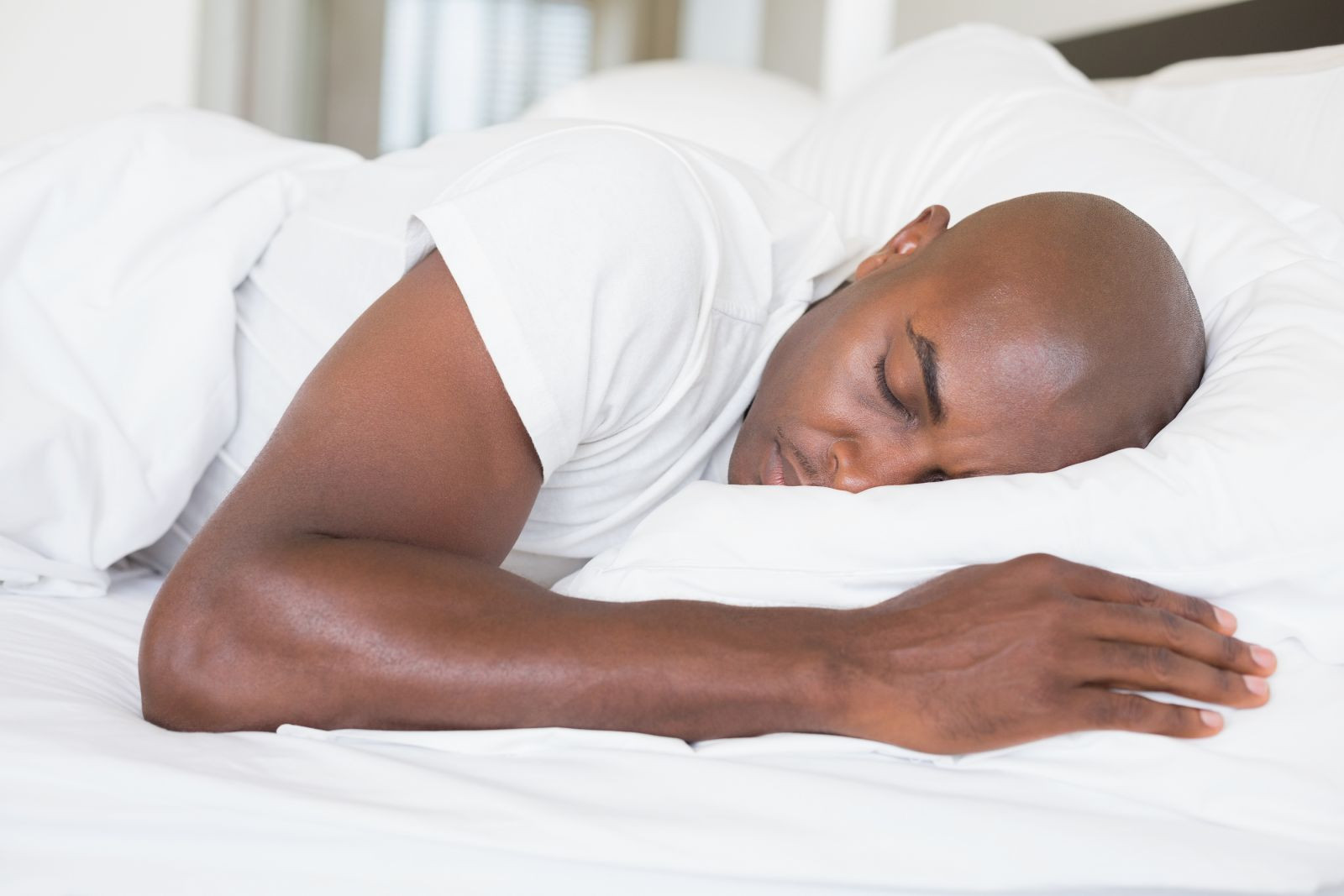Reliable Insomnia Therapy - Regain Your Restful Nights
Reliable Insomnia Therapy - Regain Your Restful Nights
Blog Article
Reliable Therapy Solutions for Managing Sleep Disorders and Enhancing Restful Rest
In the realm of healthcare, the management of sleep problems and the mission for peaceful rest are critical elements of total wellness. As we browse the detailed landscape of rest disorders and seek to improve our rest experience, a much deeper understanding of these treatment solutions may hold the trick to unlocking a much more relaxing and meeting restorative journey.
Cognitive Behavior Modification for Sleeping Disorders (CBT-I)
Cognitive Behavior Treatment for Insomnia (CBT-I) is a structured, evidence-based therapy technique that concentrates on addressing the hidden factors adding to sleep disturbances. This sort of therapy aims to customize habits and ideas that aggravate sleeplessness, eventually promoting healthy and balanced rest patterns. CBT-I usually includes a number of crucial components, including cognitive therapy, sleep restriction, stimulation control, and rest hygiene education.
Cognitive treatment helps individuals identify and transform adverse thought patterns and ideas about sleep that may be hindering their capacity to fall or stay asleep. Rest constraint involves limiting the quantity of time invested in bed to match the individual's actual rest period, consequently boosting sleep performance (sleep therapy). Stimulation control methods aid develop a strong association in between the bed and rest by encouraging individuals to head to bed only when drowsy and to stay clear of participating in boosting activities in bed
Furthermore, rest hygiene education and learning focuses on developing healthy and balanced rest routines, such as keeping a consistent rest routine, creating a relaxing bedtime regimen, and enhancing the sleep setting. By addressing these aspects comprehensively, CBT-I uses an efficient non-pharmacological treatment for managing sleeping disorders and enhancing total sleep quality.
Rest Hygiene Practices
Having developed the foundation of cognitive restructuring and behavioral modifications in resolving sleeplessness with Cognitive Behavioral Treatment for Sleeping Disorders (CBT-I), the emphasis currently moves towards checking out crucial Sleep Health Practices for maintaining optimal sleep high quality and overall wellness.
Sleep health techniques include a series of habits and ecological elements that can substantially impact one's capacity to go to sleep and stay asleep throughout the night. Constant sleep and wake times, developing a relaxing going to bed regimen, and maximizing the sleep environment by maintaining it dark, peaceful, and cool are essential parts of great sleep health. Limiting exposure to displays prior to bedtime, staying clear of energizers like high levels of caffeine near to going to bed, and involving in normal exercise throughout the day can likewise advertise far better sleep quality.
Moreover, exercising leisure methods such as deep breathing exercises or meditation before bed can aid soothe the mind and prepare the body for sleep. By integrating these sleep hygiene practices right into one's day-to-day regimen, people can develop a healthy sleep pattern that sustains peaceful rest and general wellness.
Leisure Strategies and Mindfulness
Applying relaxation methods and mindfulness techniques can play a crucial function in cultivating a feeling of tranquility and advertising high quality sleep. Furthermore, guided imagery can aid carry people to a relaxed location in their minds, helping in anxiety reduction and boosting rest high quality.
Mindfulness techniques, such as reflection and yoga exercise, are also effective in advertising leisure and boosting sleep. Mindfulness urges individuals to stay existing in the moment, letting go of bother with the past or future. By including these practices right into a bedtime routine, individuals can indicate to their bodies that it is time to prepare and relax for rest. Generally, integrating leisure methods and mindfulness methods can dramatically add to managing rest disorders and boosting overall rest quality.

Medicine Options for Rest Disorders
After checking out relaxation techniques and mindfulness techniques as non-pharmacological treatments for boosting sleep quality, it is necessary to consider medicine choices for individuals with sleep conditions. In cases where way of living changes and treatment do not provide enough alleviation, medicine can be an important tool in handling sleep disturbances.
Frequently suggested medicines for rest conditions consist of benzodiazepines, non-benzodiazepine hypnotics, antidepressants, and melatonin receptor agonists. Antidepressants, such as trazodone, can be useful for people with co-occurring depression and rest disruptions - insomnia counseling.
It is important for people to speak with a doctor to identify one of the most ideal drug choice based on their details sleep condition and case history.
Light Treatment for Circadian Rhythm Law
Light therapy, additionally called phototherapy, is a non-invasive therapy approach utilized to manage circadian rhythms and improve sleep-wake cycles. This treatment involves direct exposure to intense light that resembles natural sunlight, which aids to reset the body's inner clock. By these details revealing individuals to specific wavelengths of light, usually in the morning or night relying on the desired effect, light therapy can efficiently readjust the body clock to advertise wakefulness during the day and boost relaxing sleep during the night.
Research has shown that light treatment can be especially beneficial for people with circadian rhythm conditions, such as postponed sleep stage disorder or jet lag. It can additionally be practical for those experiencing seasonal depression (SAD), a kind of clinical depression that commonly takes place throughout the winter season months when all-natural light direct exposure is lowered. Light treatment is typically well-tolerated and can be made use of along with various other therapy methods for sleep disorders to optimize results and improve total sleep useful reference quality.
Conclusion
In final thought, effective therapy solutions for managing sleep disorders and boosting relaxed sleep include Cognitive Behavior modification for Insomnia (CBT-I), rest hygiene practices, leisure strategies and mindfulness, medication options, and light treatment for body clock regulation. These techniques can help people improve their rest high quality and general well-being. It is very important to speak with a doctor to determine one of the most appropriate technique for attending to rest problems.
As we browse the intricate landscape of rest conditions and look for to improve our rest experience, a much deeper understanding of these treatment solutions may hold the secret to unlocking a more rejuvenating and meeting restorative journey.
Sleep restriction includes limiting the amount of time spent in bed to match the person's actual sleep duration, thus boosting rest efficiency. Constant sleep and wake times, creating a relaxing bedtime regimen, and maximizing the rest atmosphere by maintaining it dark, silent, and cool are important components of good rest weblink health. Light therapy is typically well-tolerated and can be used in combination with other therapy approaches for sleep problems to enhance outcomes and improve overall sleep high quality.

Report this page